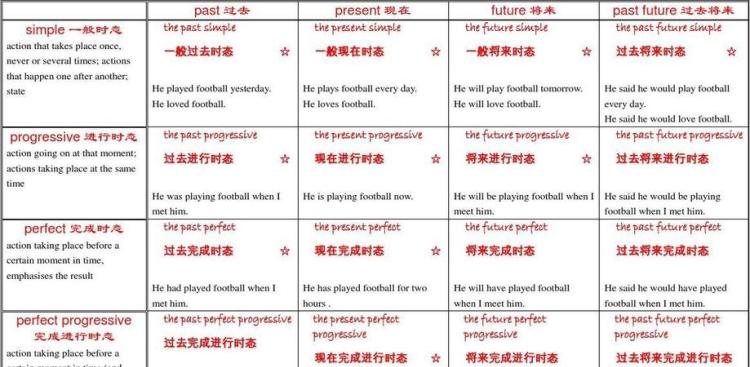英语未来时态是表达未来动作或状态的重要语法结构,主要有两种形式:“will + 动词原形”和“be going to + 动词原形”。"will + 动词原形"常用于表达预测、承诺、意愿或建议,而"be going to + 动词原形"则用于表达即将发生的事件或计划,强调计划的事实性和可预测性。掌握这两种未来时态对于提高英语水平非常重要。

will + 动词原形
will + 动词原形是英语中最常见的表达未来的方式。它表示在说话的时候提出一个预测、承诺、意愿或建议。
例如:
- I will travel to Japan next year.
- She will graduate from university in two years.
- They will probably win the championship.
be going to + 动词原形
be going to + 动词原形用于表达一个即将发生的事件或计划。它比will + 动词原形更强调计划的事实性和可预测性。
例如:
- I am going to have dinner with my friends tonight.
- She is going to start her new job next month.
- They are going to visit their grandparents over the weekend.
注意事项
- 当我们需要询问别人的未来计划时,我们可以使用“be going to + 动词原形”或“will + 动词原形”来提问。
例如:
- Are you going to attend the party tonight?
- Will you help me with my homework?
- 当我们想表达确定的未来计划或时间时,我们可以使用“be going to + 动词原形”。
例如:
- I am going to take a vacation next month.
- She is going to have a baby in December.
- 当我们想表达一种预测或猜测时,我们可以使用“will + 动词原形”。
例如:
- I think it will rain tomorrow.
- He will probably be late for the meeting.
